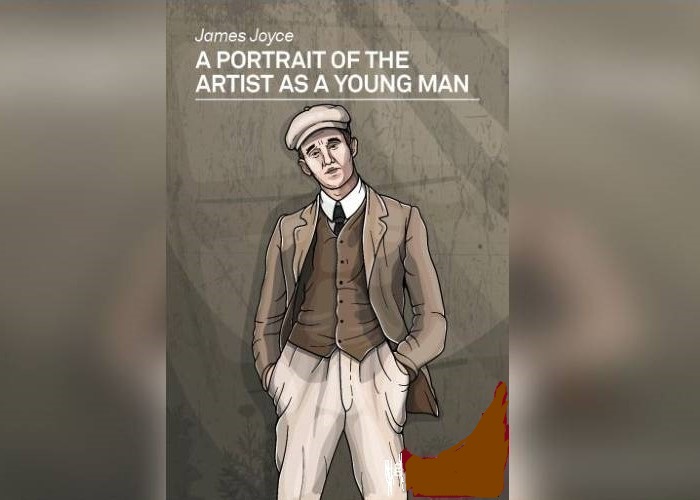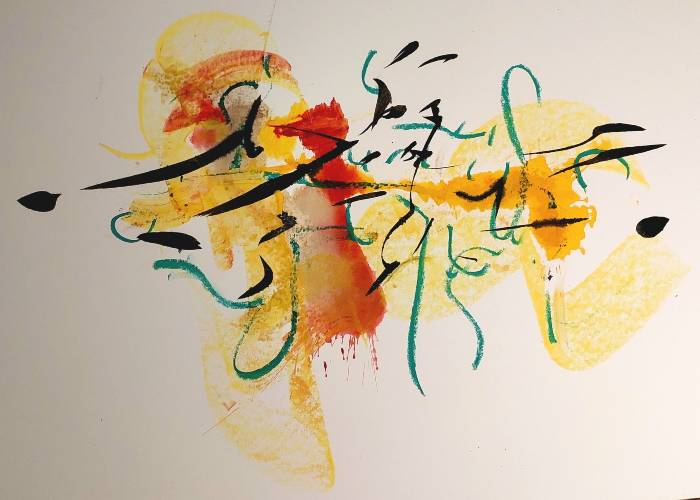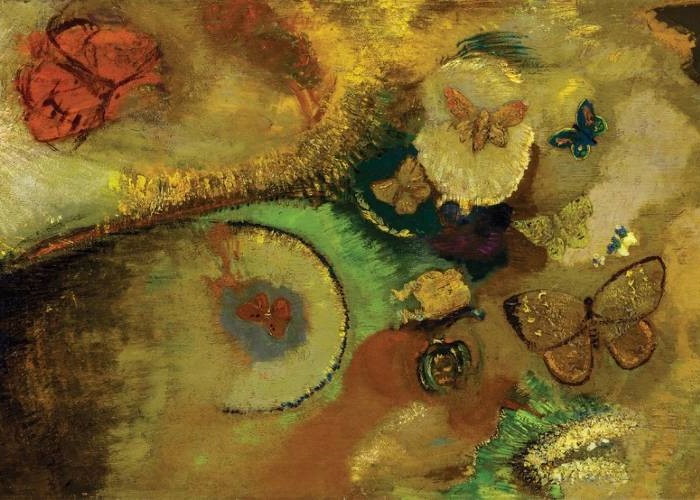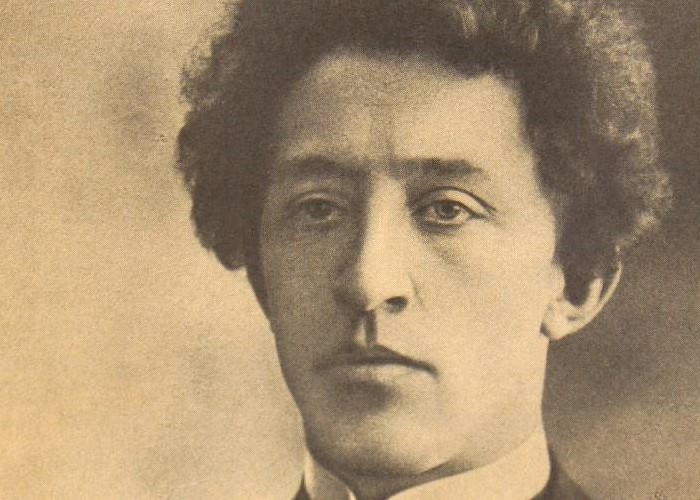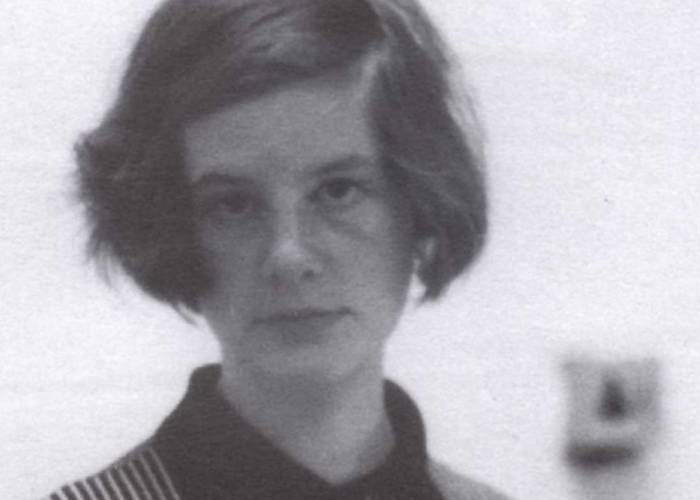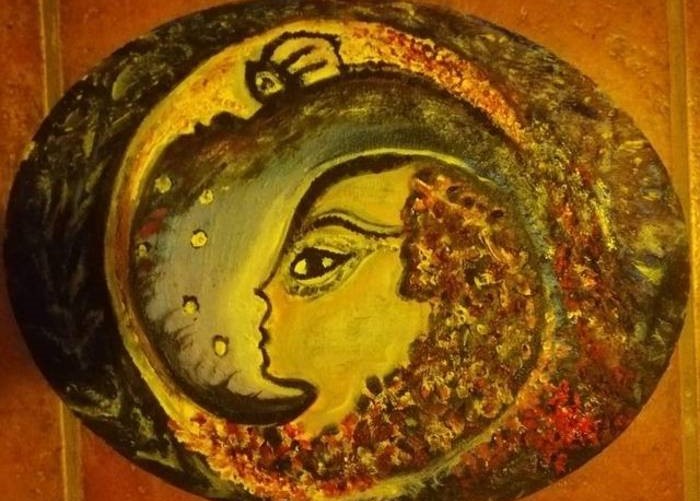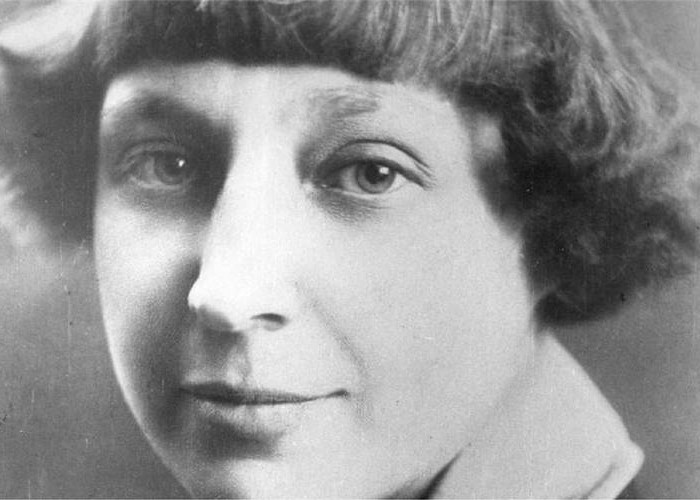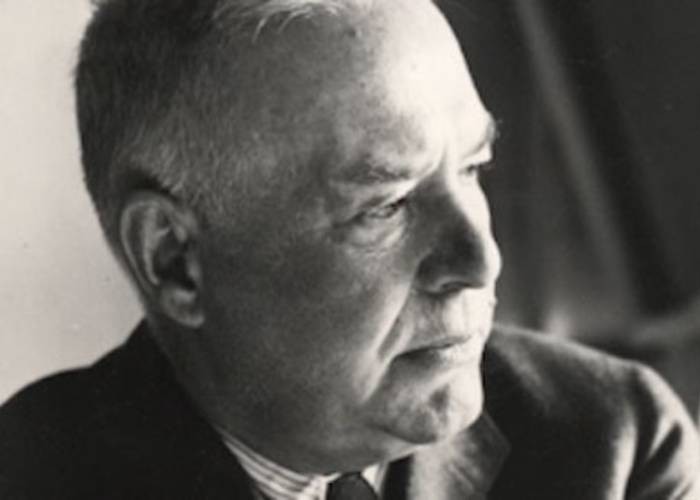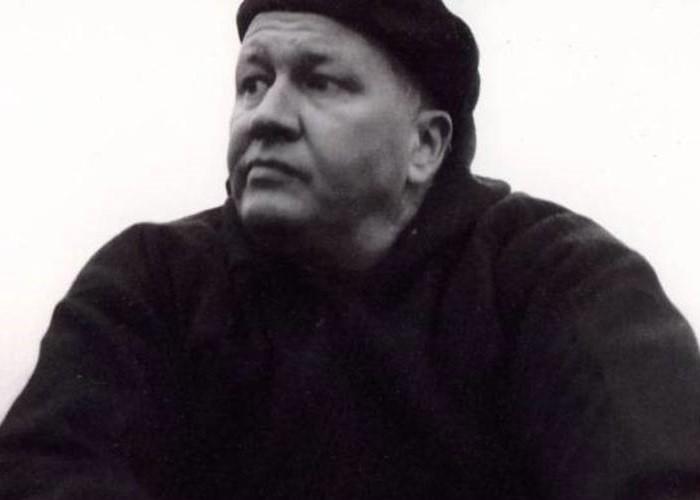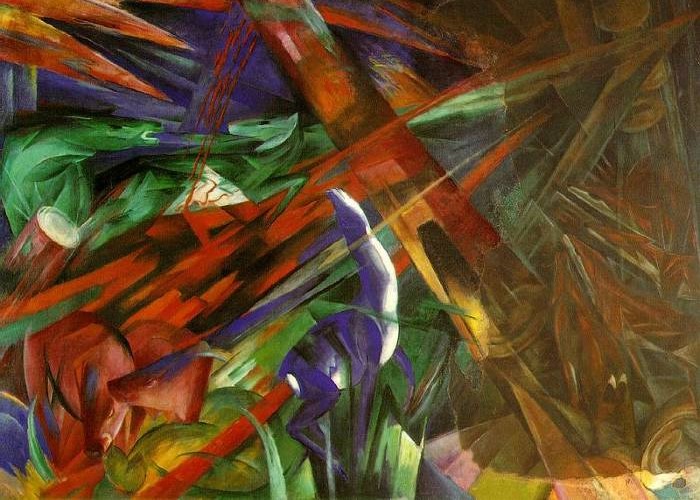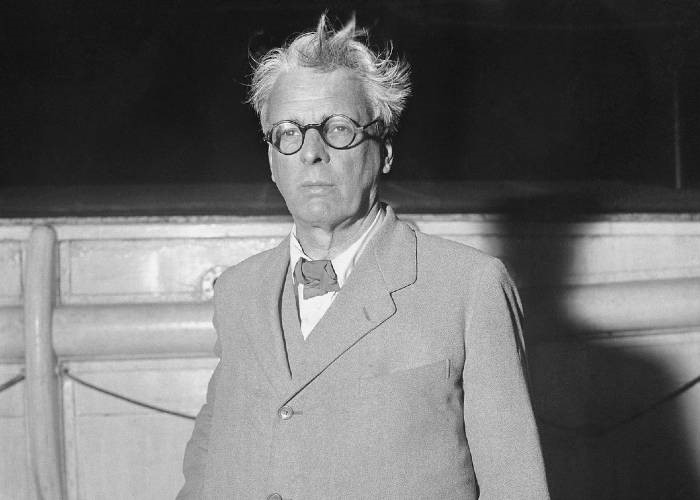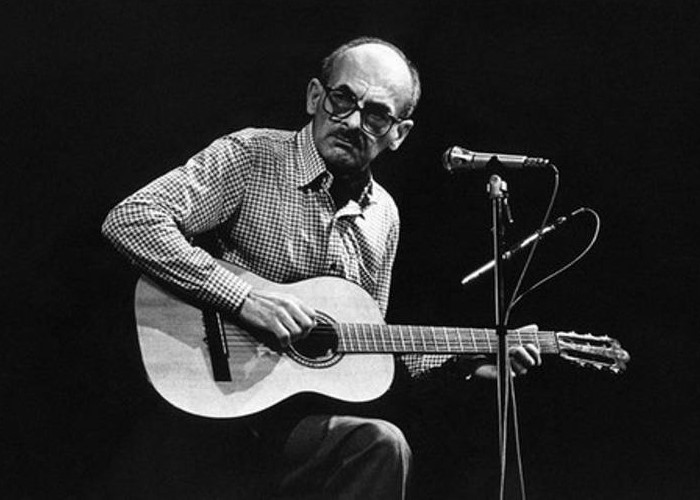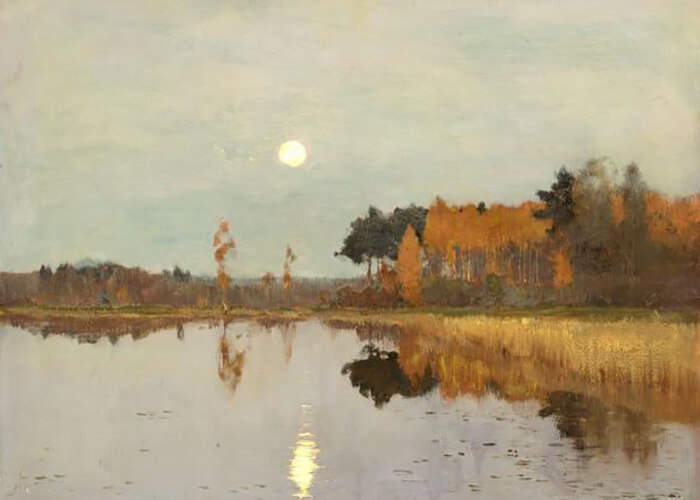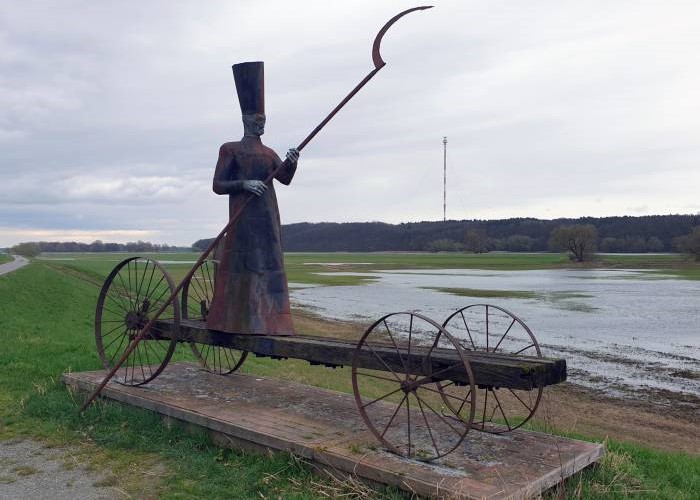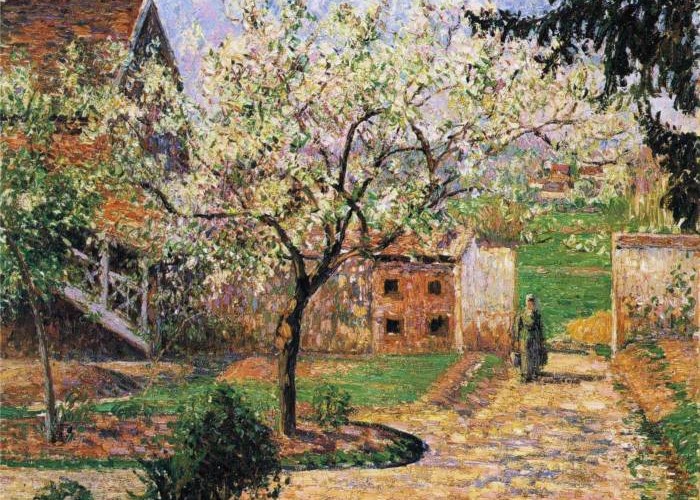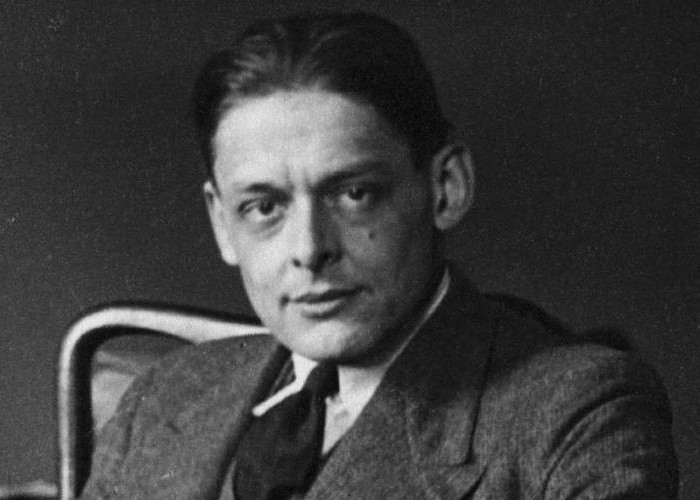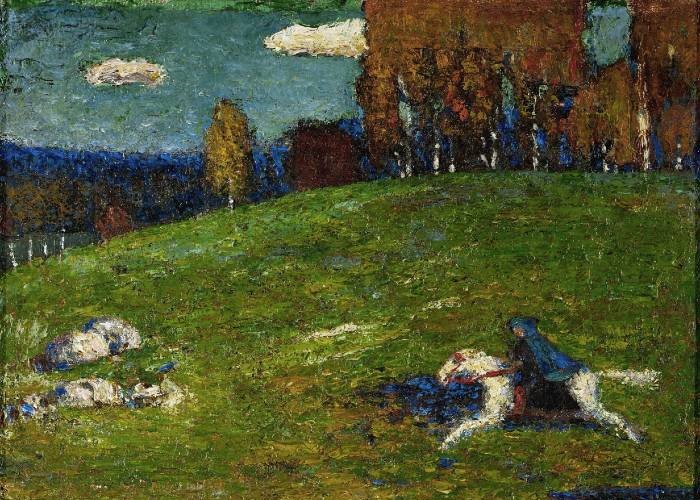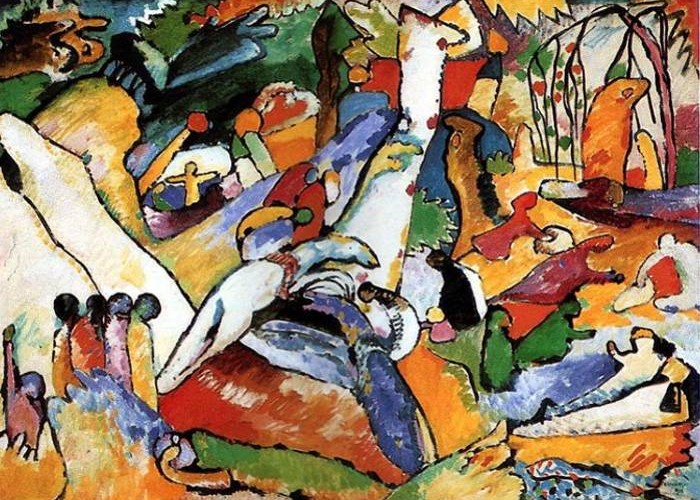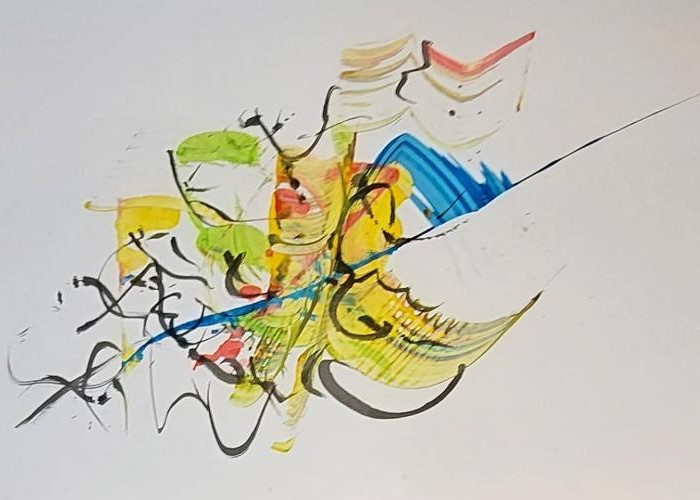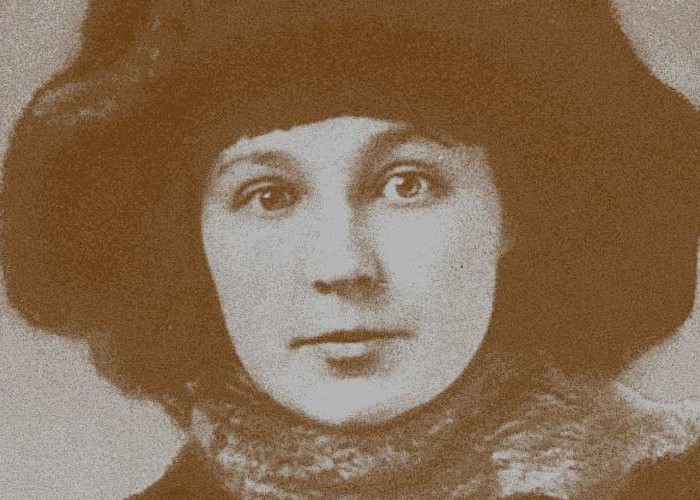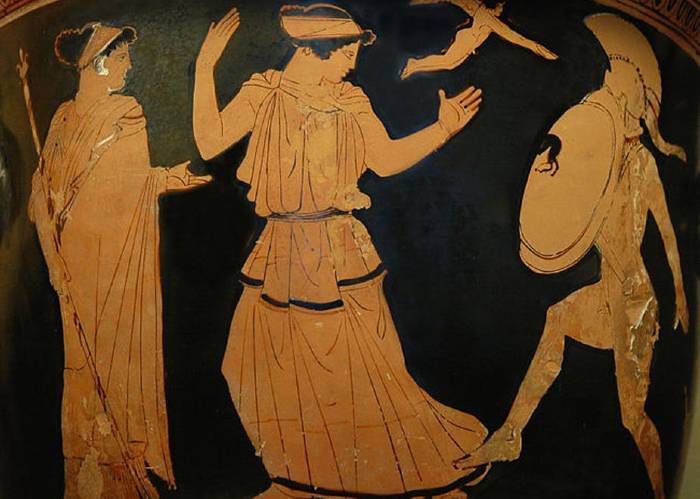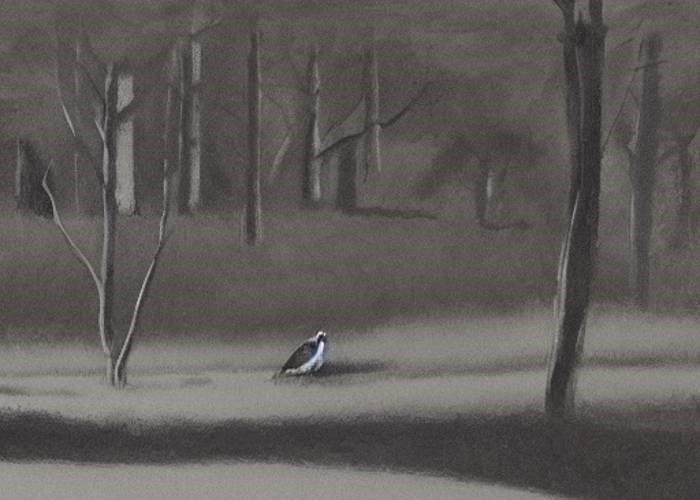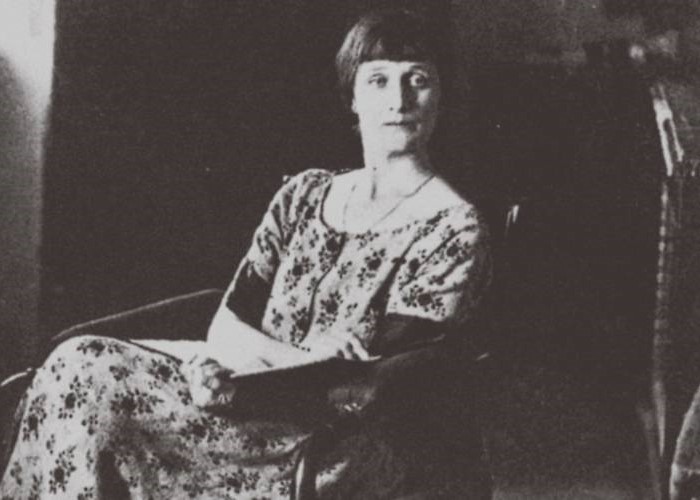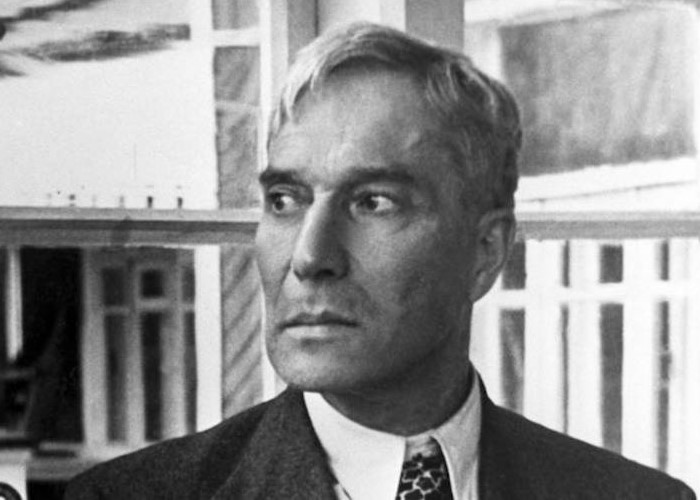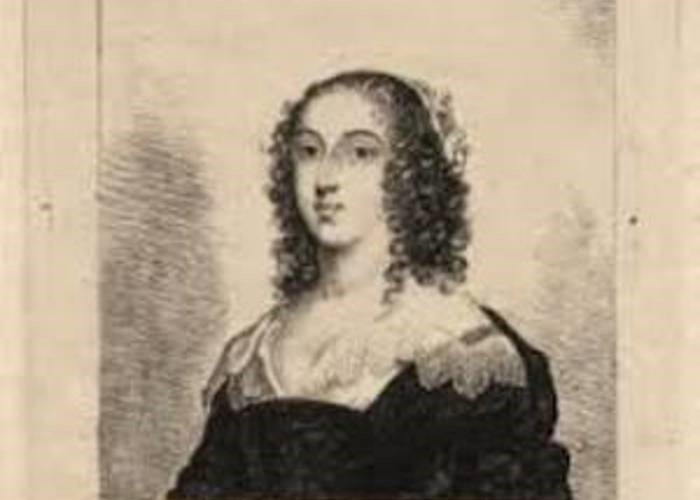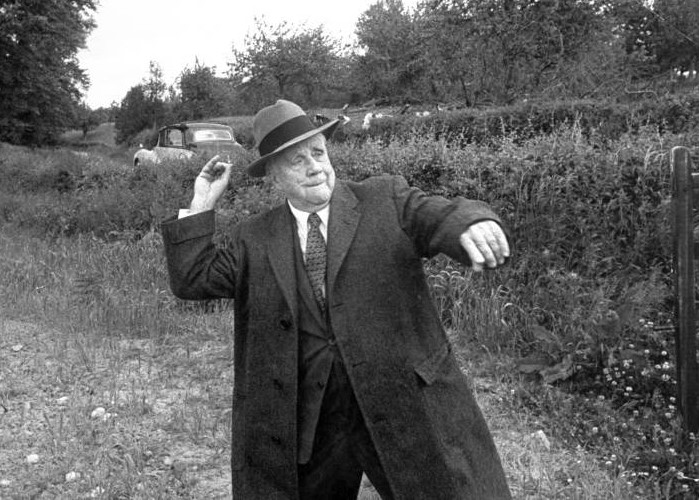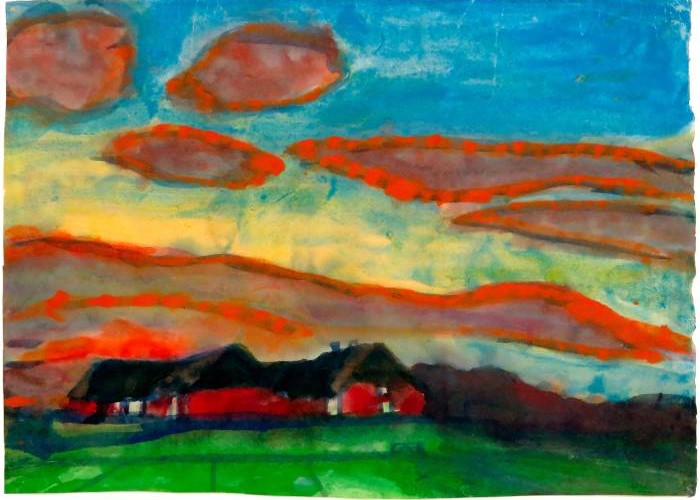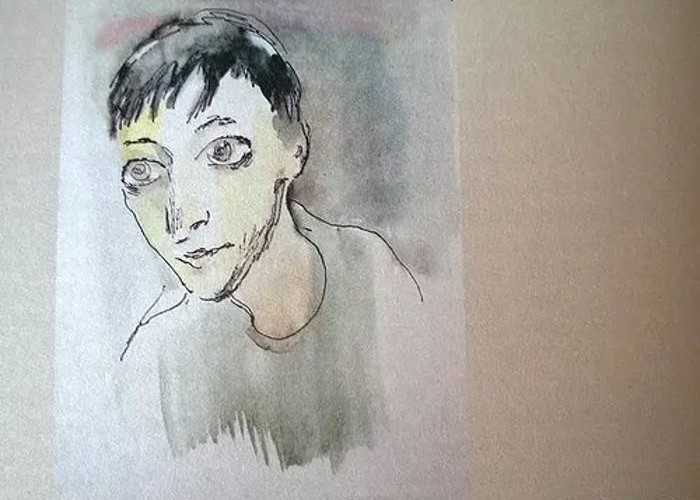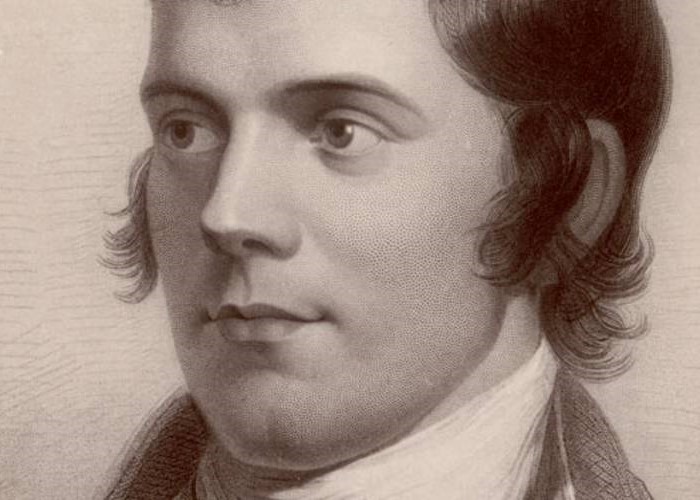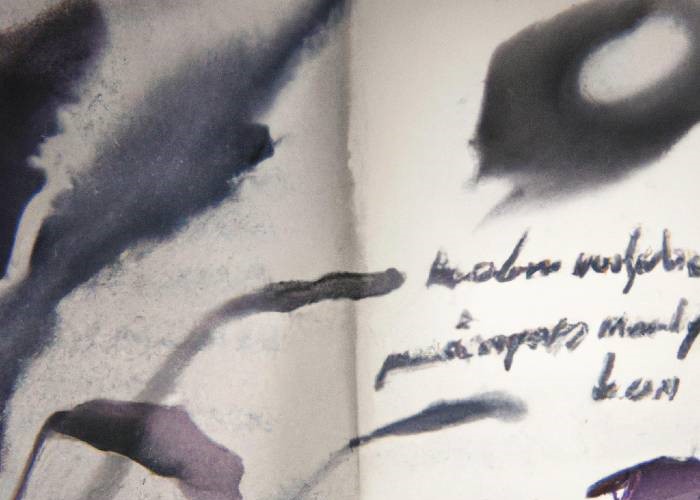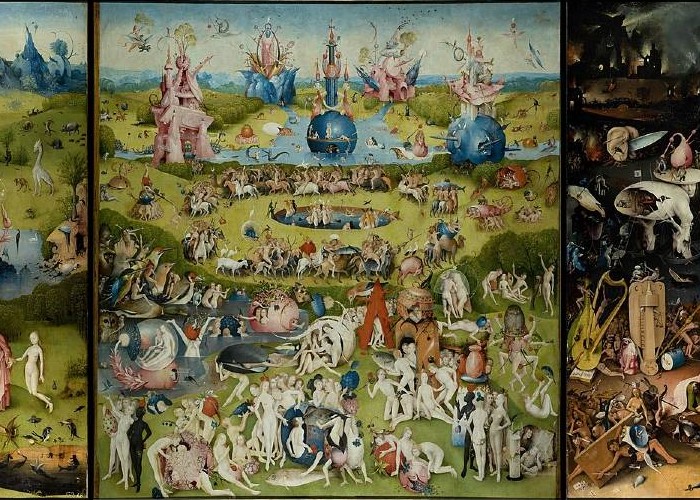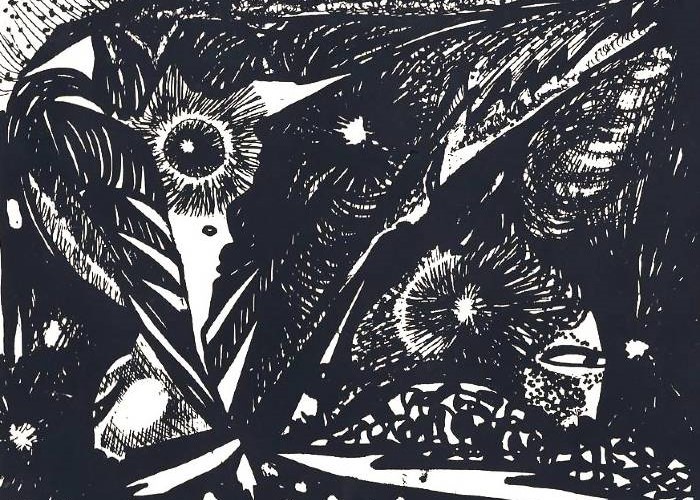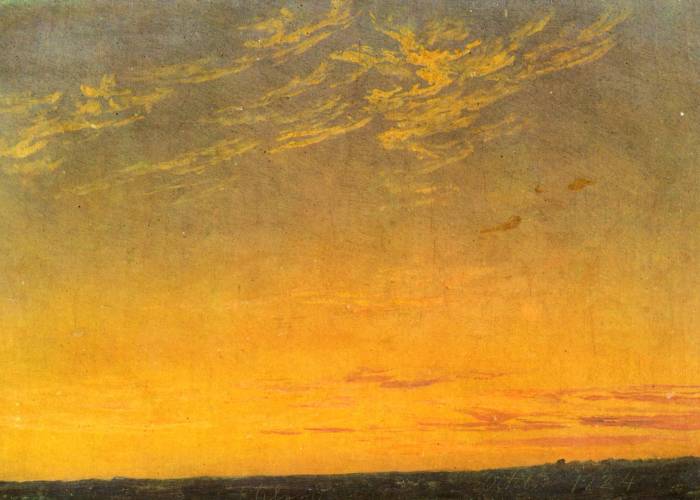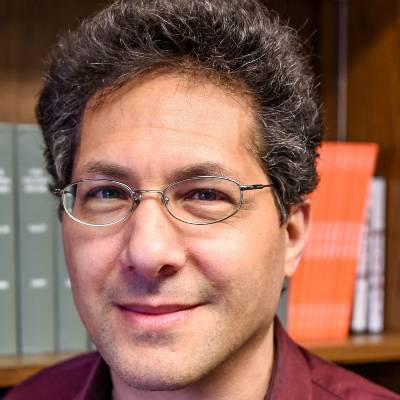* * *
В этот день, распрощавшись с семьей, он сказал, что теперь
он уходит в ту даль, где река не граничит с туманом,
а глаза не краснеют в предчувствии новых потерь,
сочиненных по ходу зимы повзрослевшим тираном.
“Облака”, – он сказал и пошел с рюкзаком на спине,
не оглядываясь на соседей, стоявших поодаль,
напевая лесную мелодию – ту, что во сне
он услышал намедни и тотчас связал со свободой.
“Облака”, – повторили соседи, вернувшись домой,
где достали из шкафа одежду в небрежных заплатах,
что давно прекратила питать постаревшую моль,
но не вышла из моды для красок речного заката.
*
When he bade his farewells to his family, he said he was off
to the place where the river blends in with the mist in the distance
where one’s eyes don’t turn red at the thought of a winter of loss
at the hands of a tyrant just grown out of cruel adolescence.
“Oh the clouds…” he intoned as he shouldered his pack and set forth
past the bystanding neighbors as though he did not even see them,
and he whistled a wild sylvan tune he had heard once before
in a dream and divined straightaway as a portent of freedom.
“Oh the clouds…” said the neighbors in turn as they headed back home
where they took out their crudely patched clothing from deep in their closets
which the moths had stopped feeding on long ago since they were grown
but still matched the perennial colors of riverside sunsets.
* * *
Монолог Кавафиса
Прости мне, Господи, попытку слышать речь.
И речь саму прости.
Я сжег бы рукопись, коль можно было б сжечь,
чтоб прах в горсти
был продолжением твоим в моей мольбе.
Хвала тебе!
Прости мне, Господи, что не путем зерна
движение строки
уходит вглубь, касаясь фрейдовского сна,
что вопреки
тому, что рифма у рассудка отняла,
звучит хвала!
Прости мне, Господи, мужской запретный плод,
размеренно в кафе
напротив пьющий ароматный кислород,
бросая две
монеты юноше, чей образ золотой
есть образ твой.
Прости и то, что оскверненная вода
на землю пролилась
и что, где прежде я не оставлял следа,
гноится грязь.
Прости за то, что я вхожу в Ерусалим,
но вижу Рим.
*
Cavafy’s Monologue
Forgive me, Lord, for trying to hear thy words.
And please forgive mine own.
I would have burned the manuscript if only it could burn
yet still live on
as ash between my palms that would prolong thee in my prayers.
I sing thy praise!
Forgive me that the self-effacing way of grain
is not the way my line
runs deep into the Freudian furrows of my brain
and that despite
what rhyme has stripped from reason, what remains
still sings thy praise!
Forgive me, Lord, the sight across the way
of male forbidden fruit
drinking aromatic oxygen in a cafe
and tossing two
coins to a youth whose image, bronzed and fine,
is made in thine.
Forgive me, too, the desecrated water poured
upon the earth’s pure face
and please forgive the filth that festers where before
I’d left no trace.
Forgive me that into Jerusalem I come,
but I see Rome.
* * *
Улисс вернулся домой, а дома опять ни души.
На небе — ни сини, ни облака. Говорят, горизонт в глуши
спешит за отсутствием света, и этим бросает фортуне
существенный вызов в апреле, но чаще всего в июне.
Улисс спешит по соседям и тихо бормочет: «Когда
меня покинет память и, значит, покинет беда?»
Соседи его не слышат, но, видя диковинный профиль,
кричат о победе в мае, как будто о катастрофе.
Улисс затем подумал: «Кем выдумана та западня,
что миру дала Лаэрта, а Лаэрту дала меня?»
И понял, что будет жить дальше, теперь, впрочем, не объясняя
себе совсем ничего, помимо собачьего лая.
*
Ulysses returned to his home, but at home there was nary a soul.
The sky was not cloudy or blue. The hinterland horizon, some hold,
impetuously races toward darkness, thus posing an inopportune
challenge to fortune in April, but even more often in June.
Ulysses runs from neighbor to neighbor, muttering quietly: “When
will memory leave me for good, and thus ill fortune leave me again?”
The neighbors don’t hear him, but seeing his outlandish profile
they shout about victory in May, as though it were something quite awful.
Ulysses was struck by a thought: “Who thought up that cruel irony
that gave the world Laertes, and gave Laertes me?”
And he realized that he’d keep on living, but would no longer have to explain
to himself anything at all, but an old dog’s barking refrain.


